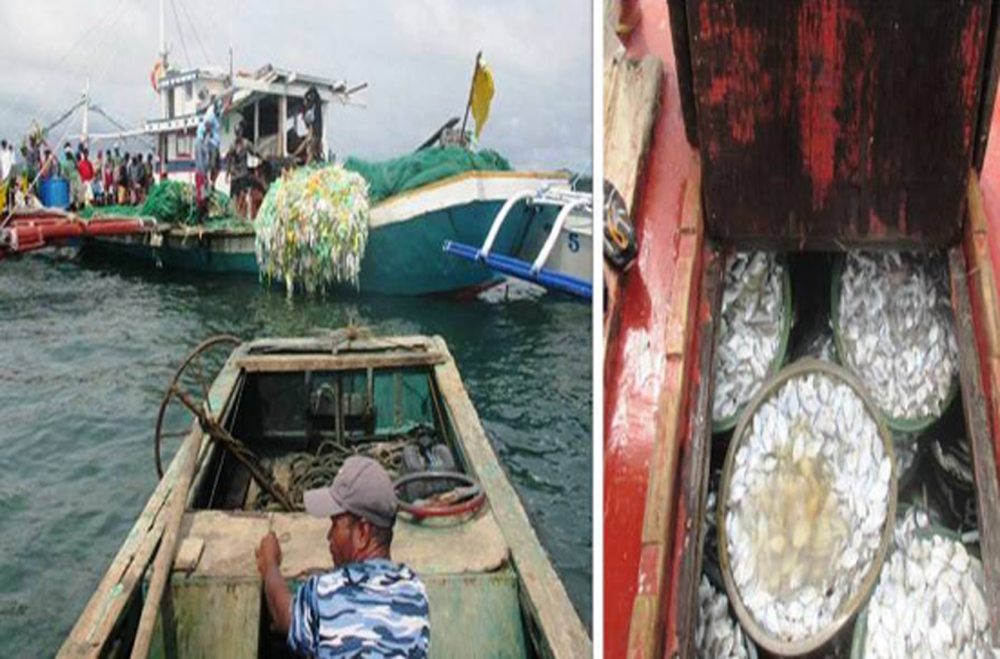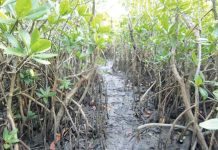
ILOILO City – The Bureau of Fisheries and Aquatic Resources (BFAR) is looking forward to the cooperation of local government units (LGUs) in its campaign against destructive fishing, particularly hulbot fishing.
BFAR facilitated a consultative dialogue with Agriculture secretary Emmanuel Piñol regarding the amended Fisheries Administrative Order (FAO) 246, which bans Danish Seine and Modified Danish Seine in the Philippine waters.
The dialogue was conducted on Wednesday at the Western Visayas Agricultural Research Center in Hamungaya, Jaro district.
Local chief executives of coastal towns, Philippine Coast Guard, Maritime Industry Authority, Philippine Navy, Maritime Group of the Philippine National Police, chiefs of police of coastal towns, committee chairs on fisheries and agriculture of the Sangguniang Bayan, and municipal agriculturists attended the dialogue.
Under the amended version of FAO 246, the mere possession of the hulbot fishing paraphernalia will lead to arrest, said BFAR regional director Remia Aparri.
Before, law enforcers have to catch fishers using the paraphernalia before they are apprehended.
Aparri lamented this, saying that they cannot arrest hulbot fishers whose boats are docked at the port.
“We are expecting for their cooperation because the management of the municipal waters is within their jurisdiction and for the livelihood of the fisherfolk who are dependent on fishing to become sustainable,” she added.
With the amendment, Aparri hopes that apprehensions will increase. From January to July this year, they only recorded 40 arrests.
The owner, operator, boat captain, master fisher or recruiter who violates the law will be fined five times the price of the catch – or P2 million per violation – or imprisonment of two to 10 years.
Fish workers involved shall pay the fine of P20,000 or render community service should they fail to produce the amount.
The use of hulbot destroys fish sanctuaries because it drags the coral reef, which serves as the critical habitat of the ocean biodiversity.
This kind of illegal fishing is rampant in northern Iloilo, Capiz and Negros Occidental, according to Aparri.
Piñol signed the FAO 246 on July 5. It will take effect today. (With a report from PNA/PN)



